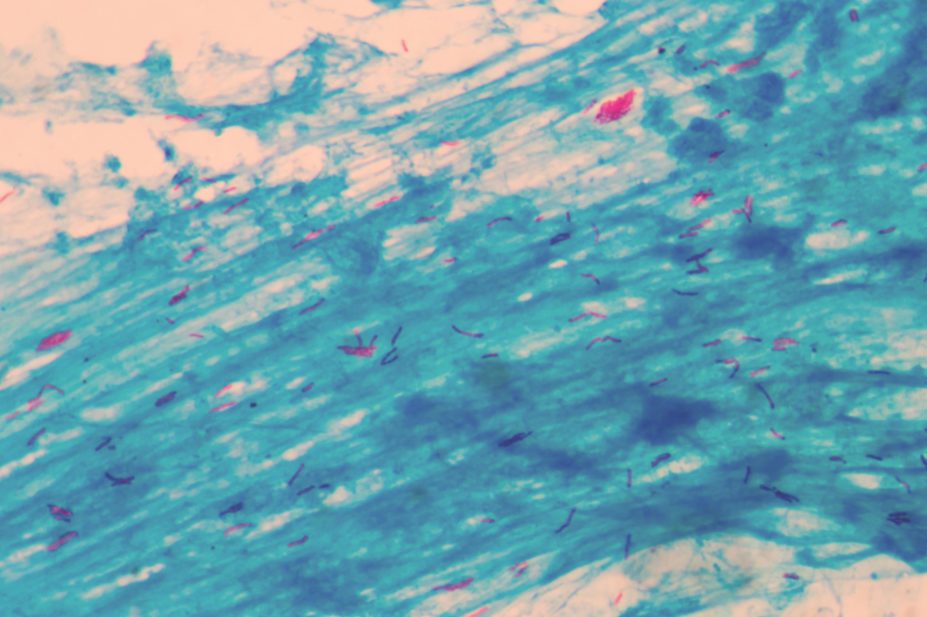
Shutterstock
Antimicrobial therapy for tuberculosis (TB) is hampered by the need for long treatment duration and rising prevalence of drug-resistant strains.
In a study published in Scientific Reports
[1]
(online, 28 September 2016), researchers in Canada screened around 600 clinically approved compounds for synergy with the antibiotic rifampicin, the cornerstone of anti-TB therapy, to explore if any could enhance the drug’s activity.
They discovered that first-generation cephalosporins, a class of broad-spectrum antibiotics developed in the 1960s, were active against Mycobacterium tuberculosis and were also strongly synergistic with rifampicin, resulting in a 4 to 64-fold increase in activity compared with either drug alone.
The researchers say the findings indicate that cephalosporins could be repurposed for TB therapy alone or in combination with other antibiotics with the potential to reduce treatment time and overcome drug resistance.
References
[1] Ramón-GarcÃa S, González del RÃo R, Santos Villarejo A, et al. Repurposing clinically approved cephalosporins for tuberculosis therapy. Scientific Reports 2016;6:34293. doi: 10.1038/srep34293.


